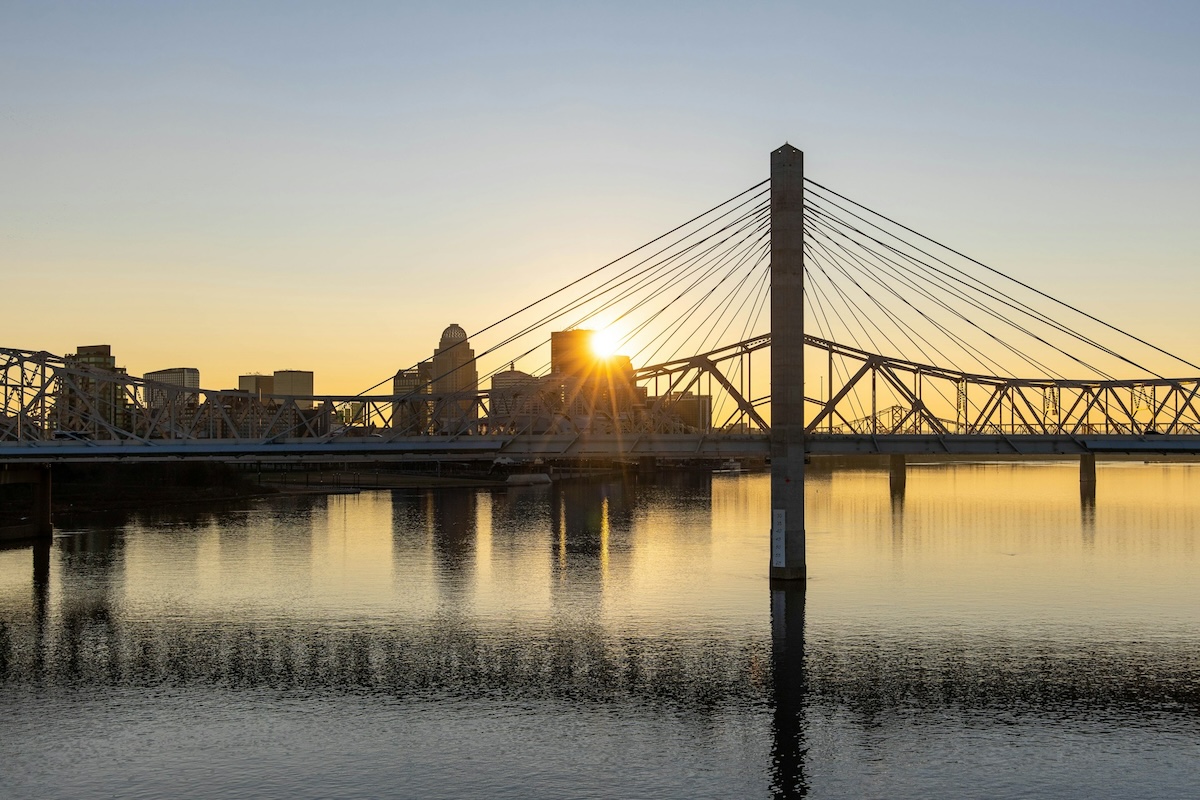Skift Take
A new report from Cvent says that despite rising costs two-thirds of planners across Europe have increased event budgets compared to 2022.
Inflation and rising costs in Europe are not stifling events across the continent, according to a report released yesterday by Cvent. It concludes that 67% of planners have increased their budgets this year compared to 2022. Further, 22% of respondents expected to have even larger budgets in 2024.
Cost inflation is the biggest challenge looming ahead by 38% of respondents. This leads to almost all (85%) building contingency into next year’s budget.
It is no surprise that planners need bigger budgets, with 78% of respondents expecting the cost of events to rise in 2024. Over half (52%) expect the cost increase to be more than 10%.
Events Impacted by Inflation
“The findings in this latest report, particularly the rise in budgets, clearly demonstrates continued resilience in the market and a desire to forge ahead with in-person event plans despite external macro-economic factors,” said Graham Pope, Cvent’s vice president of international sales.
However, some respondents were ambivalent regarding the resiliency of the events market due to higher costs. Over a third (38%) said inflation was their primary concern. Of all those surveyed, 84% reported having produced contingencies for a continued price increase heading into 2024.
Event professionals wary of increased costs moving forward have reasonable cause to remain skeptical. Overall, inflation in the Euro Area (excluding the UK) dropped from 4.3% in September to 2.9% in October – still higher than the 2% target set by the European Central Bank. The UK braced for the highest interest rate seen in 41 years at 11.1% in October 2022 but has dropped to 6.7% in September 2023. Russia’s ongoing war in Ukraine is taking a toll on European economies with subsequently weakened growth prospects, according to the International Monetary Foundation.
Staffing Issues Persist
Hoteliers and venues continue to grapple with staffing levels, creating an ongoing obstacle around sourcing. Slow RFP response time is a problem, with 30% of respondents citing it as a significant issue. That same group also noted encountering problems due to new and inexperienced hotel and venue staff and insufficient amenities. Another 25% pointed to poor attendee experience resulting from these issues and a shortage of available hotel rooms.
The report also revealed that planners seek concessions from hotels and venues to offset challenges. Around a third (32%) of respondents want more flexible terms and a similar number (31%) are looking for customized proposals.
Most respondents (70%) said they rely heavily on online sourcing tools as a critical element of their sourcing strategy. The suggestions included online event diagrams (65%), online room block management (63%), and online virtual immersive tours (54%). These expectations are driven by an increased need to streamline collaboration and provide online event visualization.
“In addition, adopting these types of technology tools will improve operational efficiency and help offset many of the challenges hoteliers and venue operators are facing with leaner and perhaps less
experienced teams. Ultimately, success for hotels and venues lies in their ability to understand planner priorities and identify areas where technology can supplement and enhance these relationships,” said Pope.
Sustainability Important to Sourcing
Sustainability was top of mind for almost all respondents, with 90% of respondents saying they always, often or sometimes make sourcing decisions with this information in mind. Planners want this type of information before submitting an RFP, with 32% in Europe and 40% in the UK saying that having that information on hand makes a difference. Respondents also indicated that knowing the specifics on sustainability is a priority, with 45% wanting to see the breakdown of energy consumption, 35% seeking information on the sustainability and sourcing of food used, and 35% citing the importance of venues and hotels being carbon neutral or carbon aware when making a selection.
Hybrid events showed an uptick in popularity, with 41% of respondents working on them, up from 33% last year. In the IT and telecoms sectors, hybrid events are being planned by over half (54%) of respondents. Conversely, virtual events are down, with only 24% of respondents planning them, down from 62% just 12 months ago. For those using Cvent to source venues, unique events are proving popular. Almost half (48%) of respondents seek more unusual venues for their events, such as cinemas, bars, and golf courses.
Cvent commissioned the independent research firm Censuswide to survey 635 planners based in France, Germany, Italy, the Netherlands, Spain, and the UK. The full report is available here.





